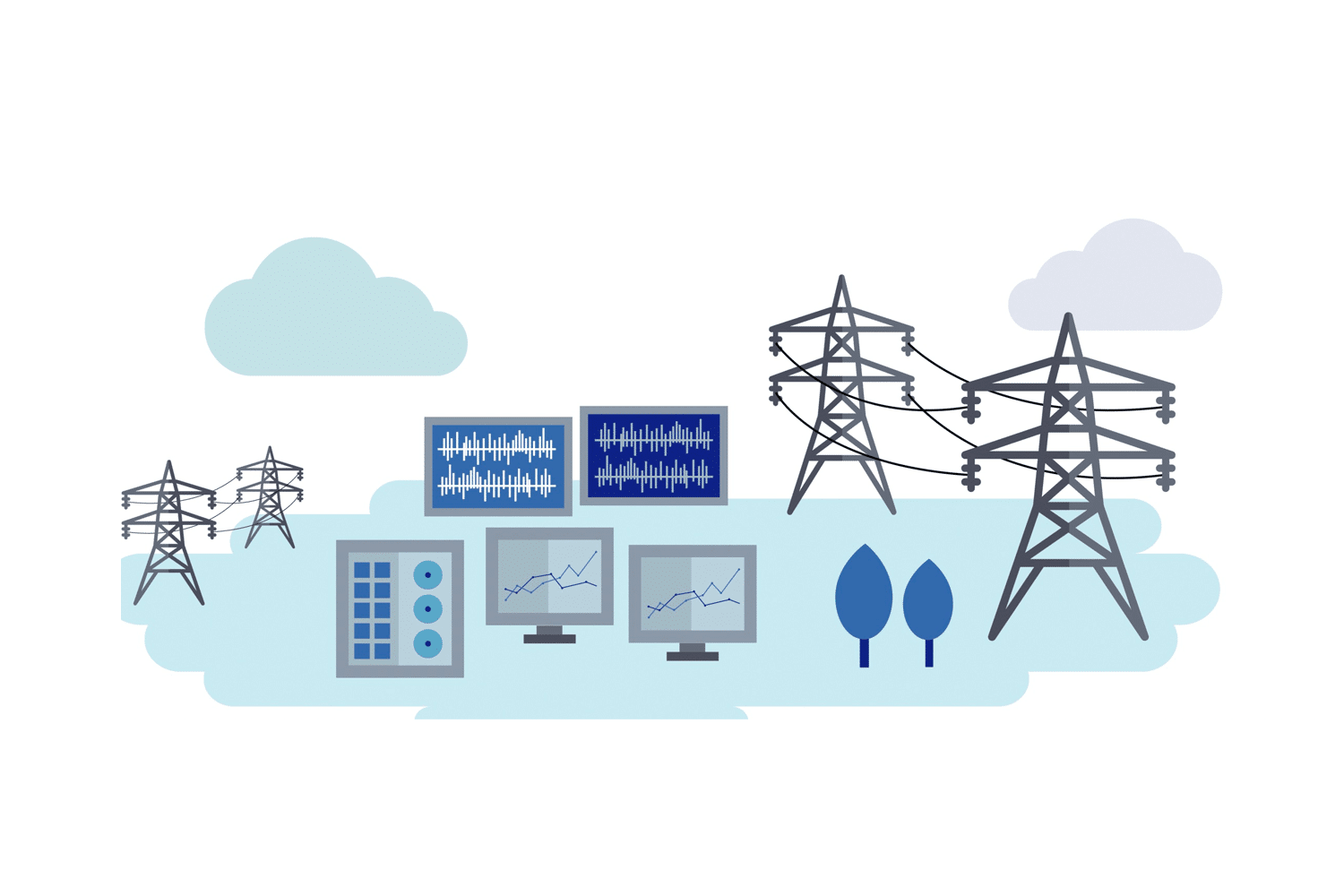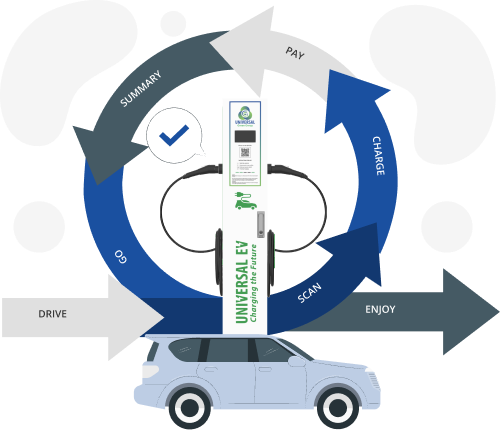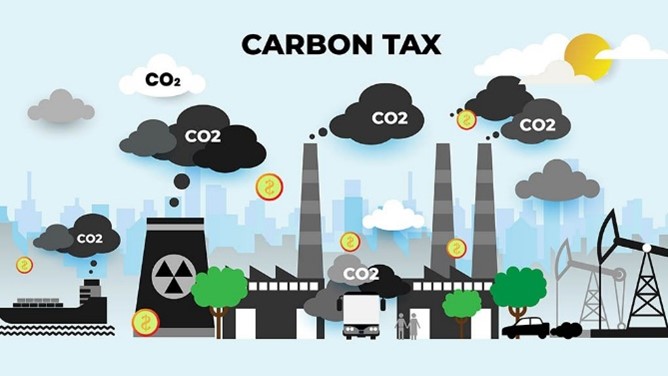Balancing growth with sustainability in logistics and supply chains

Balancing growth with sustainability in logistics and supply chains
by vivienne 03:27pm Jan 03, 2025

The green energy sector presents a dynamic and growing field for entrepreneurs, but it also comes with unique challenges and opportunities. As global demand for sustainable energy solutions increases, entrepreneurs have the chance to innovate and contribute to a more sustainable future. However, the sector also requires navigating complex regulatory environments, technological challenges, and market conditions. 
Challenges for Entrepreneurs in the Green Energy Sector
1. High Initial Capital Investment
Challenge: Many green energy technologies, such as solar panels, wind turbines, and energy storage solutions, require significant upfront capital investment. Developing or deploying such technologies often demands large-scale production facilities, research and development, and infrastructure.
Solution: Entrepreneurs can seek funding from venture capital, government incentives, or partnerships with larger companies. Crowdfunding and green bonds are also potential sources of capital for sustainable energy ventures.
2. Technological and Innovation Barriers
Challenge: The green energy sector is highly dependent on advanced technologies, many of which are still evolving. Innovations in areas like energy storage, grid integration, and energy efficiency often face technical hurdles.
Solution: Entrepreneurs can address these challenges by focusing on research and development (R&D) and collaborating with academic institutions or larger tech firms to accelerate innovation. Additionally, focusing on incremental improvements in existing technologies can be a practical approach.
3. Regulatory and Policy Uncertainty
Challenge: The green energy sector is heavily influenced by government policies, including subsidies, tax incentives, and environmental regulations. Regulatory changes can create uncertainty, making it difficult for entrepreneurs to plan long-term.
Solution: Entrepreneurs should stay well-informed about national and regional policies and adapt their strategies accordingly. Building relationships with policymakers and participating in industry advocacy groups can help influence favorable regulatory environments.
4. Market Competition
Challenge: The green energy sector is attracting a growing number of established companies, which makes it difficult for startups to compete. Larger firms may have more resources for research, manufacturing, and marketing, creating significant barriers to entry.
Solution: Entrepreneurs can differentiate their businesses by focusing on niche markets, offering innovative solutions, or providing value-added services. Targeting underserved areas or focusing on localized renewable energy solutions can also help reduce competition from larger players.

5. Grid Integration and Infrastructure Challenges
Challenge: Integrating renewable energy sources like wind and solar into the existing energy grid can be complex due to intermittency issues. Furthermore, energy storage and efficient transmission infrastructure are still developing in many regions.
Solution: Entrepreneurs can focus on developing technologies that enhance grid integration, such as energy storage solutions, smart grid technologies, and demand-response systems that optimize energy usage. Collaborations with utilities or grid operators can help overcome these challenges.
6. Public Perception and Consumer Education
Challenge: While green energy is gaining momentum, there is still a lack of awareness and understanding among consumers about its benefits, particularly regarding the costs and technical complexities.
Solution: Entrepreneurs can invest in consumer education campaigns, offer transparent information about cost savings and environmental benefits, and emphasize the long-term value of renewable energy solutions. Building trust through certifications, customer testimonials, and partnerships can also improve consumer confidence.
Opportunities for Entrepreneurs in the Green Energy Sector
1. Growing Global Demand for Renewable Energy
Opportunity: There is an increasing global demand for clean and renewable energy sources as governments, businesses, and individuals strive to meet climate goals and reduce carbon footprints. The global transition to green energy presents a large and expanding market for renewable energy products and services.
Example: Entrepreneurs can tap into this demand by offering solar power systems, wind turbines, electric vehicle (EV) charging stations, or bioenergy solutions tailored to both residential and commercial customers.
2. Government Incentives and Support
Opportunity: Many governments offer incentives, grants, tax breaks, and subsidies for green energy projects. These programs make it easier for entrepreneurs to enter the market, reduce initial investment costs, and scale operations.
Example: Entrepreneurs can access various government programs, such as the U.S. Investment Tax Credit (ITC) for solar projects or renewable energy grants from the European Union, to help fund their ventures.

3. Technological Advancements and Innovation
Opportunity: Ongoing technological advancements in renewable energy are opening new doors for entrepreneurs. Improvements in energy storage, solar panel efficiency, wind turbine technology, and grid management systems create new business opportunities for those who innovate.
Example: Entrepreneurs can develop and deploy cutting-edge technologies such as next-generation solar panels, long-duration energy storage solutions, or blockchain-based platforms for energy trading and grid optimization.
4. Energy Storage and Smart Grid Solutions
Opportunity: As renewable energy generation increases, there is a growing need for effective energy storage solutions to manage fluctuations in supply and demand. Smart grid technology, which can enhance energy efficiency and optimize grid management, is another area ripe for innovation.
Example: Entrepreneurs can create businesses focused on battery storage solutions (e.g., lithium-ion or solid-state batteries) or smart grid platforms that enable dynamic pricing, real-time monitoring, and decentralized energy generation.
5. Electric Vehicles (EV) and Infrastructure
Opportunity: The rise of electric vehicles (EVs) is driving demand for charging infrastructure, batteries, and supporting technologies. As countries invest in EV infrastructure and consumers make the shift toward electric cars, entrepreneurs have a chance to capitalize on this growing market.
Example: Entrepreneurs can invest in developing EV charging stations, battery swapping technologies, or software solutions for optimizing EV fleet management.

6. Decentralized and Community-Based Energy Solutions
Opportunity: There is increasing interest in decentralized energy systems, such as microgrids, which allow communities and businesses to generate, store, and manage their energy locally. These solutions are especially important in remote areas or in regions with unreliable grid infrastructure.
Example: Entrepreneurs can develop community-based renewable energy solutions, such as solar-powered microgrids or off-grid wind and solar systems, that enable communities to become energy independent while reducing their carbon footprint.
7. Sustainability as a Competitive Advantage
Opportunity: Businesses and consumers are increasingly prioritizing sustainability in their purchasing decisions. This trend offers a business opportunity for entrepreneurs to develop green products and services that align with environmental values.
Example:Entrepreneurs can create energy-efficient appliances, sustainable building materials, or services that help businesses and homes reduce their energy consumption and carbon emissions, thereby enhancing their reputation as environmentally conscious brands.
8. Corporate Sustainability Initiatives
Opportunity: Many corporations are setting ambitious sustainability targets, such as achieving net-zero emissions or sourcing all energy from renewable sources. This creates a business opportunity for entrepreneurs to provide products, services, and technologies that help companies meet these goals.
Example: Entrepreneurs can provide energy auditing services, carbon management software, or renewable energy installation services to help businesses reduce their environmental impact and comply with corporate sustainability initiatives.
Conclusion
Entrepreneurs in the green energy sector face significant challenges, including high initial investment, technological barriers, regulatory uncertainty, and market competition. However, these challenges also present opportunities for innovation, especially as global demand for clean energy solutions grows and governments increasingly support sustainable initiatives. By focusing on emerging technologies, renewable energy infrastructure, and decentralized energy solutions, entrepreneurs can play a critical role in shaping the future of energy while capitalizing on a rapidly expanding market. Successful entrepreneurs will need to be adaptable, informed, and committed to solving real-world environmental challenges, all while navigating the complexities of the green energy landscape.






